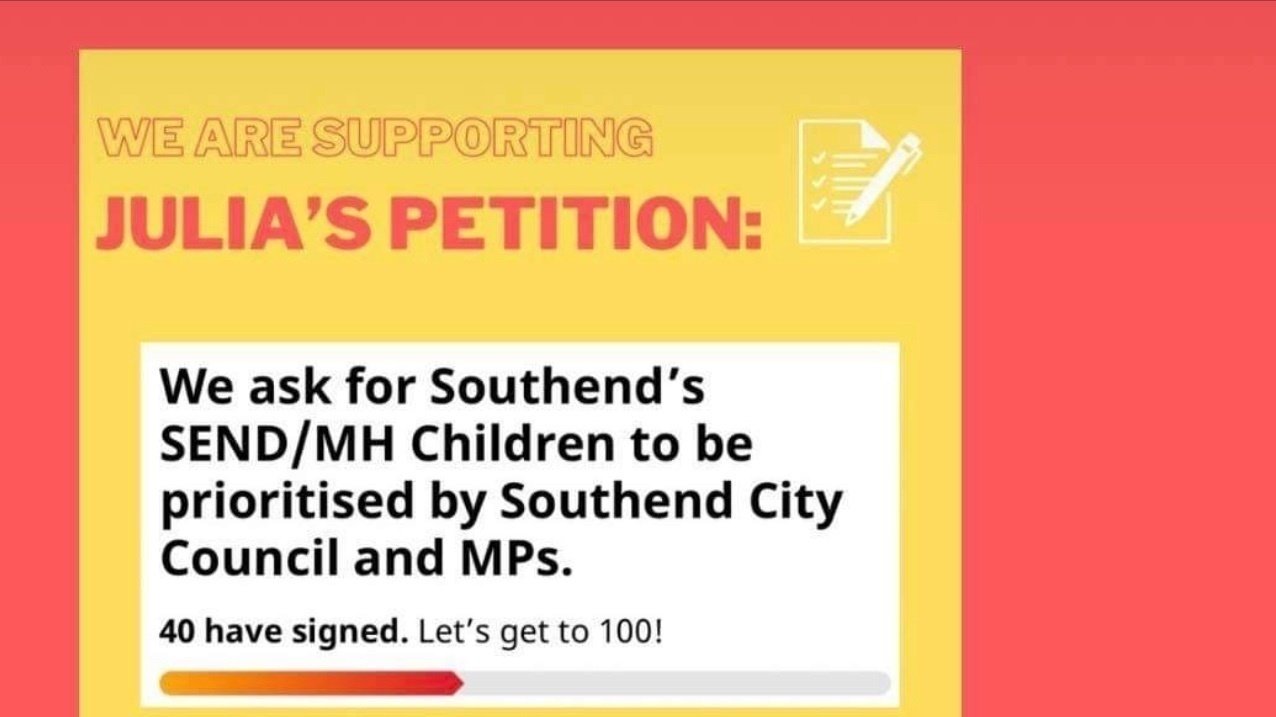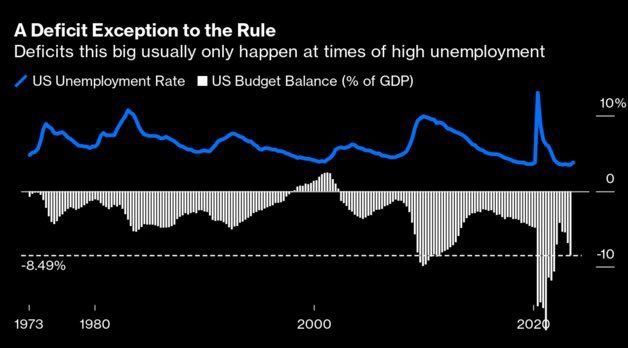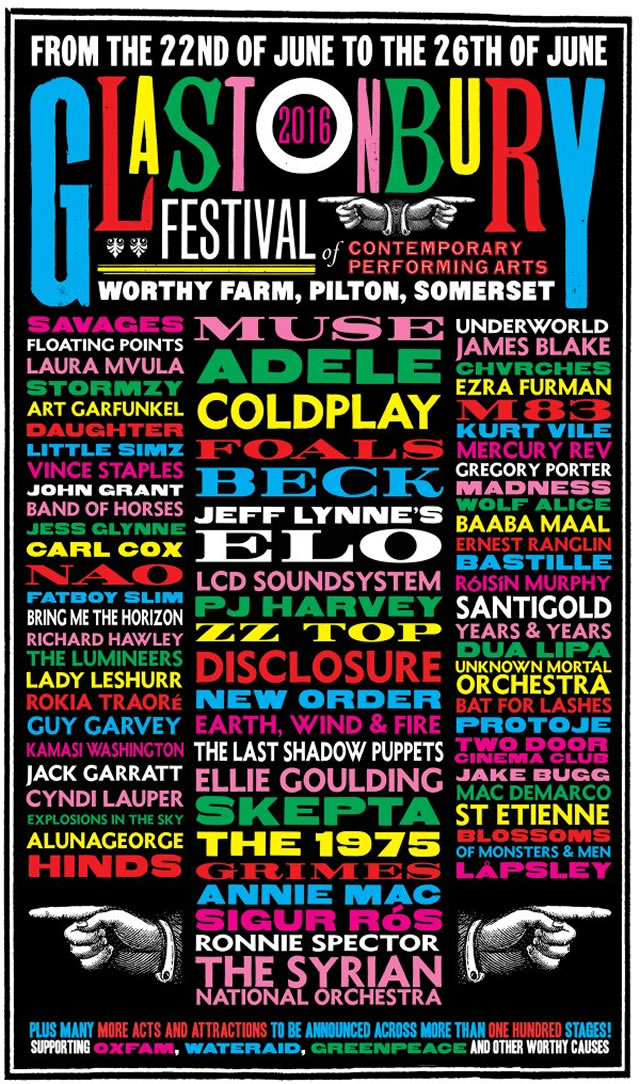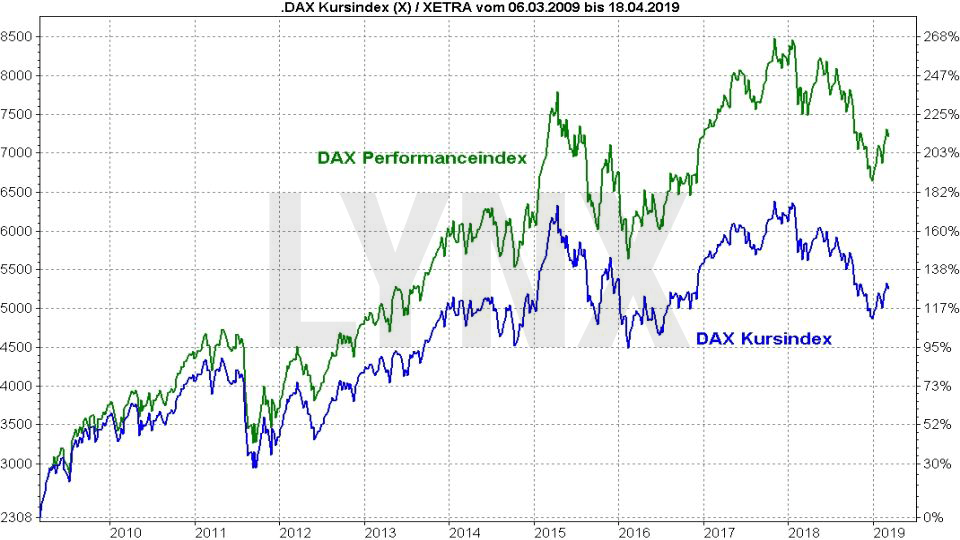The Zuckerberg-Trump Dynamic: Implications For Technology And Governance

Table of Contents
Trump's Use of Facebook and its Impact
Donald Trump's presidency witnessed an unprecedented utilization of Facebook as a political tool. His strategic deployment of the platform significantly impacted the 2016 election and subsequent political discourse.
Amplification of Messaging
Trump masterfully used Facebook to bypass traditional media gatekeepers and communicate directly with his base. This strategy proved remarkably effective.
- Direct communication: He bypassed traditional media filters, fostering a sense of intimacy and direct engagement with his supporters.
- Bypassing fact-checking: The platform's relatively lax fact-checking mechanisms in the early years allowed the dissemination of unverified claims and accusations.
- Emotional appeals: Trump's messaging frequently relied on emotional appeals, leveraging the platform's algorithms to maximize reach and engagement.
- Targeted advertising: Sophisticated targeting enabled him to tailor his messages to specific demographics, maximizing their impact.
For example, Trump's Facebook posts consistently generated millions of engagements, far surpassing those of his political opponents. This direct access allowed him to shape narratives and mobilize support with remarkable efficiency. The use of simple, emotionally charged language, often devoid of nuance, resonated powerfully with his target audience.
Spread of Misinformation and Conspiracy Theories
Facebook's role in the dissemination of false or misleading information during the Trump presidency is a subject of intense debate and ongoing scrutiny.
- Cambridge Analytica scandal: The misuse of user data by Cambridge Analytica highlighted the vulnerability of Facebook's platform to manipulation and the potential for influencing electoral outcomes.
- Impact on election integrity: The spread of misinformation, including fabricated news stories and conspiracy theories, raised serious concerns about the integrity of democratic processes.
- Algorithms promoting engagement over accuracy: Facebook's algorithms, designed to maximize user engagement, inadvertently amplified the spread of misinformation, prioritizing sensational content over factual accuracy.
The algorithms, prioritizing engagement metrics, inadvertently prioritized sensational and misleading content, thereby creating an echo chamber effect and reinforcing existing biases. The consequences of this spread of misinformation remain a significant area of concern for researchers and policymakers.
Zuckerberg's Responses and the Challenges of Content Moderation
Mark Zuckerberg's responses to the challenges posed by Trump's use of Facebook and the spread of misinformation have been met with both praise and criticism.
Balancing Free Speech and Harmful Content
Facebook faces the constant challenge of balancing free speech principles with the need to prevent the spread of harmful content. This delicate balancing act has proven exceptionally difficult.
- Difficult decisions surrounding content removal: Determining what constitutes "harmful content" is subjective and often involves navigating complex legal and ethical considerations.
- Criticism from both the left and the right: Facebook's content moderation policies have faced criticism from across the political spectrum, highlighting the inherent difficulties in achieving impartiality.
- The evolution of Facebook's content moderation policies: Facebook has continuously refined its policies, yet the effectiveness of these changes remains a subject of debate.
Facebook’s efforts to combat misinformation have included fact-checking initiatives, increased transparency measures, and algorithm adjustments. However, critics argue that these efforts are insufficient and that the platform's inherent design encourages the spread of inflammatory content.
Zuckerberg's Testimony Before Congress
Zuckerberg's appearances before Congress were highly anticipated events, scrutinizing Facebook's role in the spread of misinformation and its impact on the 2016 election.
- Key questions posed to Zuckerberg: Lawmakers questioned Zuckerberg about Facebook's algorithms, data privacy practices, and its role in the spread of misinformation.
- His responses: Zuckerberg's responses were often met with skepticism, raising concerns about Facebook's accountability and transparency.
- Overall effect on public opinion and policy: The hearings increased public awareness of the challenges facing social media platforms and fueled the debate over potential regulation.
The hearings, while highly publicized, did not result in sweeping legislative changes, highlighting the difficulties of regulating powerful tech companies.
The Broader Implications for Governance and Technology
The Zuckerberg-Trump dynamic has far-reaching implications for the future of governance and technology.
Regulation of Social Media Platforms
The debate surrounding the regulation of social media platforms like Facebook is intensifying globally.
- Arguments for and against regulation: Advocates for regulation highlight the need to protect users from misinformation and harmful content, while opponents raise concerns about censorship and government overreach.
- Different regulatory models: Various regulatory models are being proposed, ranging from self-regulation to government oversight.
- The challenges of enforcing regulations internationally: Regulating multinational tech companies presents significant challenges, requiring international cooperation and harmonization of regulations.
Finding a balance between fostering free speech and preventing the spread of harmful content remains a major challenge for policymakers worldwide.
The Future of Political Discourse and Technology
The Zuckerberg-Trump dynamic has irrevocably altered the landscape of political discourse.
- The role of social media in future elections: Social media platforms will continue to play a crucial role in political campaigns, necessitating ongoing efforts to combat misinformation and promote media literacy.
- The evolving relationship between politicians and social media platforms: The relationship between politicians and social media platforms is likely to remain complex and dynamic, with ongoing power struggles and evolving regulatory landscapes.
- The need for media literacy: Improving media literacy among the public is crucial to combating the spread of misinformation and fostering informed democratic participation.
Predicting the precise impact of this dynamic on future elections and political discourse is difficult. However, it is clear that the relationship between technology and politics will continue to be a central focus in the years to come.
Conclusion
The Zuckerberg-Trump dynamic reveals a critical juncture in the interplay between technology and governance. Understanding the complexities of this relationship—from the amplification of political messaging to the challenges of content moderation—is crucial for navigating the future of online political discourse. The ongoing debate surrounding social media regulation underscores the need for thoughtful solutions that balance free speech with the prevention of misinformation and harmful content. Further research and public discourse on the Zuckerberg-Trump dynamic are essential to ensuring a healthy and informed democracy in the digital age. We must continue to critically analyze the impact of this complex relationship to shape a better future for technology and governance.

Featured Posts
-
 Analysis Fewer Send Cases Referred To Council By Mps
May 23, 2025
Analysis Fewer Send Cases Referred To Council By Mps
May 23, 2025 -
 Joe Jonas Addresses Couples Argument Involving Him
May 23, 2025
Joe Jonas Addresses Couples Argument Involving Him
May 23, 2025 -
 Thames Waters Executive Pay Outrage Over Bonuses Amidst Crisis
May 23, 2025
Thames Waters Executive Pay Outrage Over Bonuses Amidst Crisis
May 23, 2025 -
 2025 Memorial Day Sales The Ultimate Guide To The Best Deals
May 23, 2025
2025 Memorial Day Sales The Ultimate Guide To The Best Deals
May 23, 2025 -
 Elias Rodriguez Investigating The Link To The Dc Jewish Museum Incident And Psl Chicago
May 23, 2025
Elias Rodriguez Investigating The Link To The Dc Jewish Museum Incident And Psl Chicago
May 23, 2025
Latest Posts
-
 Artfae Daks Alalmany Ila 24 Alf Nqtt Bfdl Atfaq Aljmark Byn Washntn Wbkyn
May 24, 2025
Artfae Daks Alalmany Ila 24 Alf Nqtt Bfdl Atfaq Aljmark Byn Washntn Wbkyn
May 24, 2025 -
 Glastonbury 2025 Lineup Announcement A Controversial Choice
May 24, 2025
Glastonbury 2025 Lineup Announcement A Controversial Choice
May 24, 2025 -
 Aktienmarkt Frankfurt Dax Faellt Auswirkungen Des Terminablaufs Am 21 Maerz 2025
May 24, 2025
Aktienmarkt Frankfurt Dax Faellt Auswirkungen Des Terminablaufs Am 21 Maerz 2025
May 24, 2025 -
 Poor Glastonbury 2025 Headliners Leave Fans Disappointed
May 24, 2025
Poor Glastonbury 2025 Headliners Leave Fans Disappointed
May 24, 2025 -
 Atfaq Washntn Wbkyn Aljmrky Artfae Mwshr Daks Alalmany Ila 24 Alf Nqtt
May 24, 2025
Atfaq Washntn Wbkyn Aljmrky Artfae Mwshr Daks Alalmany Ila 24 Alf Nqtt
May 24, 2025
